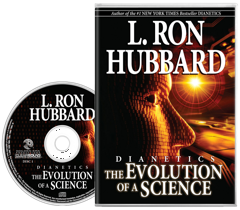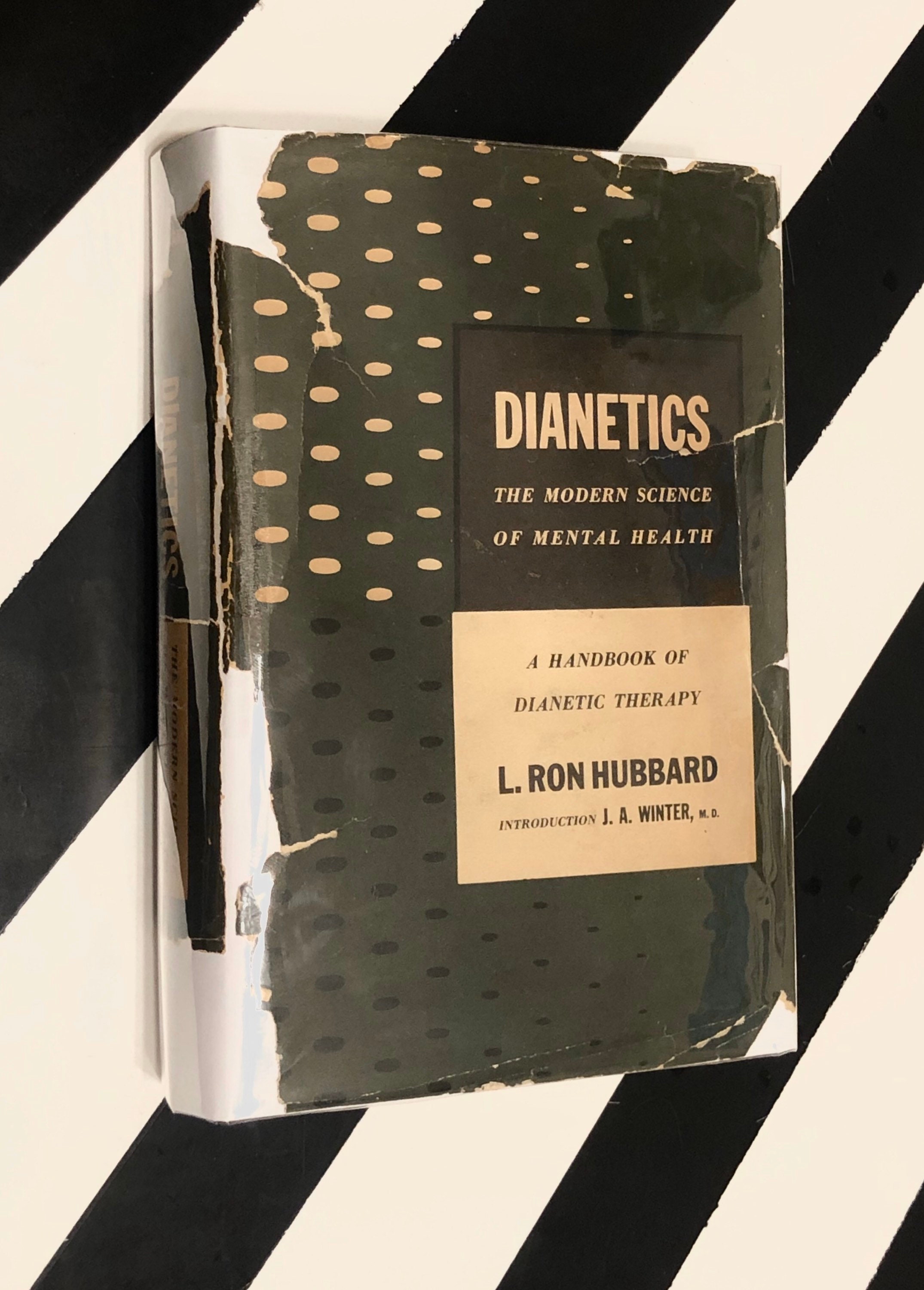The smart Trick of Dianetics That Nobody is Discussing
Table of ContentsThe Dianetics DiariesFacts About Dianetics UncoveredLittle Known Facts About Dianetics.The Main Principles Of Dianetics
I couldn't ever not intend to receive anything that enters your mind for you- if it was or else, I would not be sitting here with you, doing this. I not only might never ever have a problem, or not want to hear something that comes to mind for you, however I'm completely excited to understand every concept, every idea, every photo or sensation that emerges or materializes for you- don't ever before think or else, and if for some reason you do, please just let me recognize! Sometimes, you might have a thought, and image, idea or incident pop up that does not appear to address the inquiry, or connect to it, yet however, constantly do inform me regarding it, and as we continue, the relevance will certainly emerge for you.This is fundamental in the basis of processing, and the subject of this discussion: the basic roles of the therapist and the client: The fundamental role of the counselor is, as opposed to "conventional training", not to manage, which implies to impose and/or hinder, yet to rather function from the basis of EMPOWERING THE CLIENT.

Fascination About Dianetics
John Mcmasters revealed this fundamental reality wonderfully well in among his talks on Power processing, wherein he explains just how he was asked what this "unique propensity" was that he had for offering such great sessions; he needed to think of that for a minute, and identified that it was what he wasn't doing, along with what he was doing: he had not been assessing, evaluating, computer, or actually, creating any type of ideas, not to mention spoken expressions, after giving the command and while awaiting the PC to finish their response to their satisfaction; he was, merely and only, existing with the PC, and entirely interested.
The duty of the counselor, demonstrated; that was his "special propensity". I have had my very own experience which taught me this well, really early in the video game. In 1982, having actually recently completed my training and teaching fellowship on New Era Dianetics, I was running this on a COMPUTER, and there was a factor in the session where (being a little bit wet behind the ears not yet having numerous hours under my belt as a specialist auditor) the computer appeared to be "taking too long" to share anything verbally websites after I gave him a command.
This key became one of the most beneficial contribution that John ever made to the subject of therapy or auditing (Dianetics). In my simple viewpoint, it is the best payment that any person has actually ever made to these subjectsthe application is completely non-judgemental, non-evaluative, and lacking any idea, recommendations or opinion.no preconditioned agenda for people, or 'levels' that they have to do
In Idenics, the only source of information about a client is the private client. In Scientology we prided ourselves Check Out Your URL on not reviewing for people. All that actually meant was that the auditor did not Vocally assess for the PC in session. The registrars and principles policemans assessed for the PC.
Dianetics - Questions

Any individual who had actually ever seen John audit could not aid yet observe a special high quality in his auditing."The customer's basic role is to be there with the purpose of relocating the direction of their spiritual objectives, and to easily and fully share and experience whatever shows up for them in responding to the questions and carrying out the instructions in the handling.
This is something to process as required. Also, individuals frequently have previous experience and/or brainwashing in auditing/processing which, in some ways, and to some degrees, in fact misguides them into attitudes, ideas and habits patterns that protect against the full awareness of these roles, and so they will tend to prevent the expressing of what comes to mind, as in the examples provided above - Dianetics. * The very first, and maybe leading examples of mis-indoctrination causing much less than totally smooth and reliable sessions, can be found in certain aspects of the training regimens, or "TR's":"TR's" are typically an individual's very first, or a minimum of early, experience in Scientology, and while I will go on to discuss what I view as the imperfections in principle and technique, nevertheless, tend to be substantially healing, done as they are given (Hubbard urges that "TR's are not processing, they are training", however factually, they are both processing AND training)
There is no "flunking", and no denial of the truth of this being processing. The emphasis, as it must be, is on experiencing the other person's visibility.
Little Known Facts About Dianetics.
